SPEAKERS
 Jannick Prentoe
Jannick PrentoeUniversity of Copenhagen, Denmark
Jannick Prentoe is a civil engineer, specializing in biotechnology, by education and graduated from the Technical University of Denmark in 2007. He has since worked on several human pathogenic RNA viruses, with a focus on hepatitis C virus (HCV). This work has revolved around understanding HCV neutralizing antibody evasion and the complex interplay between envelope protein dynamics and viral entry that governs it. In 2017, Dr Prentoe was hired as an Associate Professor at the University of Copenhagen and in 2020 he received a 5 year Lundbeck Foundation Fellowship to support establishing his own group. His research activities now range from molecular virology, antibody discovery, fluorescent and live cell imaging, vaccine antigen engineering and in vivo studies of antibodies using various mice strains. Please grab him for a chat about science, writing and performing music, the deliciousness of fresh mozzarella di bufala and rock climbing.
 Shee-Mei Lok
Shee-Mei LokDuke-NUS Medical School, Singapore
Dr Shee-Mei Lok is a Provost’s Chair Professor in the Emerging Infectious program in Duke-NUS, Singapore. She was also a Singapore National Research Foundation (NRF) fellow (2009-2014) and a NRF Investigator (2016-2021). She is a structural virologist specializing in x-ray crystallography and cryo-electron microscopy. Her research interest focus on the structural changes of flavivirus particles during its infection cycle and the effect of anti-viral therapeutics on them. She obtained her Msc and PhD in NUS and did her post-doctoral training in Purdue University under the supervision of the late Prof Michael Rossmann. Her laboratory made significant discoveries in the understanding of the structures of the Zika and dengue viruses, the morphological variants of dengue viruses, how potent human antibodies neutralize flaviviruses, how capsid orchestrate the flavivirus assembly process and the structural changes of flavivirus during maturation.
 Hans-Heinrich Hoffmann
Hans-Heinrich HoffmannThe Rockefeller University, USA
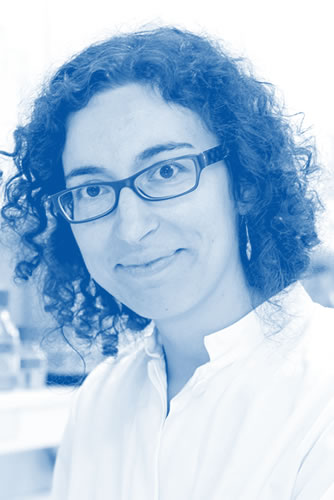 Gabrielle Vieyres
Gabrielle VieyresLeibniz Institute for Experimental Virology (HPI), Germany
Dr. Gabrielle Vieyres graduated with a Master degree in Molecular and Cellular Biology at the „Ecole Normale Supérieure de Lyon“ with emphasis on virology. In 2010 she obtained a joint PhD from the Universities of Glasgow and Lille for her work on the hepatitis C virus envelope glycoproteins and neutralizing antibodies. During her subsequent postdoc at Twincore, in Hannover, she investigated the process of hepatitis C virus assembly and dissected the involvement of both the host and viral machinery. In particular, she reported the role of lipid droplet degradation in the morphogenesis of the HCV lipo-viro-particle. In 2020, she was recruited as an independent junior group leader at the Leibniz Institute for Experimental Virology in Hamburg. Her group belongs to the Leibniz ScienceCampus InterACt and combines quantitative imaging approaches to traditional cell biology and virology techniques. At the frontier between these fields, Dr. Vieyres investigates the interaction between the pathogen and its host and unravels the subcellular compartimentalization of viral infections. Her primary focus is the interplay between host lipid droplets and positive-stranded RNA viruses, including hepatitis C and related viruses.
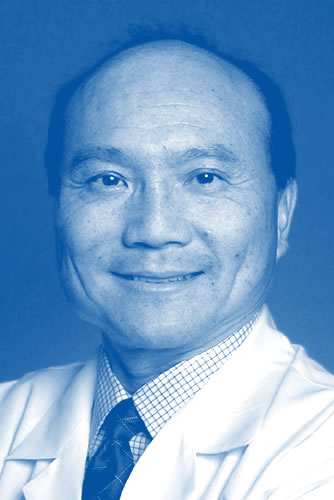 T. Jake Liang
T. Jake LiangNIDDK, NIH, USA
T. Jake Liang, M.D. is a NIH Distinguished Investigator and the Chief of Liver Diseases Branch, NIDDK, NIH. He is a graduate of Harvard College and Harvard Medical School. He completed his postgraduate training at Harvard Medical School, where he was an Assistant Professor of Medicine from 1990-1996. Dr. Liang is an internationally renowned thought leader and investigator in the field of viral hepatitis and liver diseases. His research program focuses on the virology, pathogenesis, vaccine and therapeutic development of viral hepatitis and liver cancer. He has published over 300 papers and has a h-index of 107. Dr. Liang has been an Associate Editor for top medical journals such as Gastroenterology, Hepatology and Gut. He has been in various leadership roles at NIH. He served on the Governing Board of the AASLD and was its President in 2011. His outstanding contributions has been recognized with numerous national awards including the AASLD Distinguished Mentor/Clinician Educator Award and the AGA Distinguished Achievement Award in Basic Science. He was elected to the American Society for Clinical Investigation, the Association of American Physicians, the AAAS Fellow, the American Academy of Microbiology, and the National Academy of Medicine.
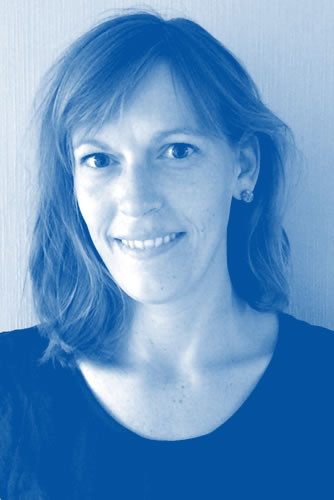 Tineke Cantaert
Tineke CantaertInstitut Pasteur de Cambodge, Cambodia
Dr. Tineke Cantaert obtained a PhD in Clinical Immunology in 2008, from the University of Amsterdam, the Netherlands. In 2009, she received the Young Investigator Award from the European League against Rheumatism. In 2010, she moved to Yale University undertaking a second postdoctoral study. Here, she studied the mechanisms that establish both central and peripheral B cell tolerance in humans. As her interest was to understand the response of the human immune system to infectious diseases, she moved to Cambodia in 2015, where she is currently head of the Immunology Unit at Institut Pasteur Cambodia. Her research is focused to understand the immunopathology of arboviral infections, where her studies have identified protective B and T cell responses in individuals that can control dengue virus infection without excessive immune activation leading to vascular damage. Moreover, she has shown that the absence of specific sugar moieties on anti-dengue antibodies can lead to severe dengue disease. In 2017, Dr Cantaert was awarded the Early Career Research Price in Vaccinology R&D from the International Union of Immunological Societies. Since 2017, she has been a HHMI/Wellcome Trust International Research Scholar.
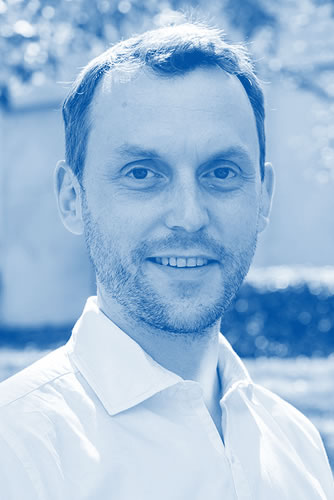 David Alsteens
David AlsteensUniversité Catholique de Louvain, Belgium
Dr. Alsteens heads the nanobiophysics laboratory at the Université catholique de Louvain (UCLouvain) in Belgium. He is a bioengineer, specialized in nanobiotechnology by training, and graduated in 2007. He received his PhD in nanobiophysics in 2011, developing atomic force microscopy (AFM) to probe, at the single-molecule level, specific interactions on living cells. With a long-term EMBO fellowship, he then joined ETH Zürich, where he further developed AFM to study mammalian cells under physiologically relevant conditions. Since 2015, he has been a research associate at FNRS and leads his own group at UCLouvain that focuses on the study of biological processes taking place at biological interfaces. He has recently combined AFM and confocal microscopy to probe virus binding on the surface of mammalian cells focusing on a variety of viruses including herpesviruses, reoviruses, rotaviruses, ebolaviruses and SARS-CoV-2. He has co-authored over 100 papers and his contributions have been recognized with several awards, such as the 2019 Heinrich Emanuel Merck Award for Analytical Science, the 2019 BAEF Alumni Award, and the 2021 Princess Josephine Charlotte Award in the field of viral infection.
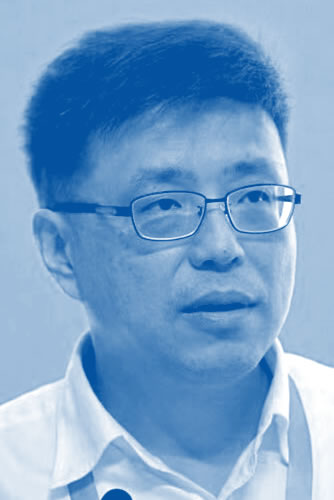 Jin Zhong
Jin ZhongChinese Academy of Sciences, Institut Pasteur of Shanghai, China
Dr. Jin Zhong is a professor at Institut Pasteur of Shanghai, Chinese Academy of Sciences. He received his Ph.D degree from the Department of Microbiology at the University of Texas at Austin, USA, where he studied microbial mobile elements under the guidance of Dr. Alan Lambowitz. He was further trained in molecular virology as a postdoctoral fellow in Dr. Francis Chisari’s group at The Scripps Research Institute, USA. During his postdoctoral training period, he and colleagues developed a robust cell culture model for HCV infection. Since 2007 he has been the head of Unit of Viral Hepatitis at Institut Pasteur of Shanghai, Chinese Academy of Sciences. He has also been Adjunct Professor at ShanghaiTech University since 2013. Dr. Zhong’s major research interest is to study biology of HCV and other human RNA viruses. He has published over 100 research articles. Dr. Zhong is the Chair of the Virology Division in Shanghai Society for Microbiology, and serves the national committee of the Virology Division in Chinese Society for Microbiology. Dr. Zhong has won several awards, including 100-Talents Excellence Award by Chinese Academy of Sciences.
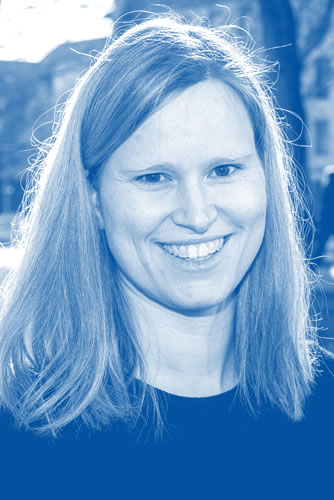 Maike Hofmann
Maike HofmannUniversity of Freiburg, Germany
In 2012, Dr. Maike Hofmann obtained her PhD in Molecular Medicine from the Faculty of Biology and the Faculty of Medicine of the University of Freiburg, Germany. Since 2016, she is co-heading a research group together with Prof. Dr. Robert Thimme at the Medical Center - University of Freiburg, Department of Medicine II - Gastroenterology, Hepatology, Endocrinology and Infectious Diseases. A main focus of her work in the last years relates to mechanisms underlying the T cell and NK cell dysfunction in the context of chronic viral hepatitis caused by HBV and HCV and in liver cancer. In addition, she is interested in understanding shared and diverging principles of T cell and NK cell memory in chronic versus self-limiting viral infections with HBV, HCV, cytomegalovirus (CMV), Epstein-Barr virus (EBV), Influenza viruses and most recently also SARS-CoV-2 as well as after vaccination. Her research has been funded by the German Research Foundation, the German Ministry of Research and Education and since 2019, she is a Margarete von Wrangell-fellow funded by the Ministry of Science, Research and Arts of Baden-Wuerttemberg (Germany) and the European Union.
 Thomas Pietschmann
Thomas PietschmannTWINCORE, Hannover, Germany
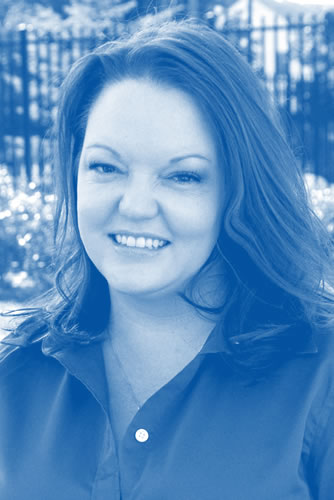 Sonja Best
Sonja BestNIH, NIAID, USA
Dr. Best received her Ph.D. from the Australian National University (ANU) and conducted her postdoctoral research at Rocky Mountain Laboratories (RML) campus of NIAID, NIH in the USA. She is currently Deputy Chief of the Laboratory of Virology, and Chief of the Innate Immunity and Pathogenesis Section, also at RML. Her laboratory focuses on mechanisms by which highly pathogenic RNA viruses induce and evade innate immunity, with a focus on flaviviruses and filoviruses. Work from her lab uses animal models and viral reverse genetics systems to understand how these critical virus-host interactions influence host response and disease. She has been awarded the Presidential Early Career Award for Scientists and Engineers (PECASE), and currently serves on multiple Editorial Review boards including Science Translational Medicine, PLoS Pathogens, and Journal of Virology.
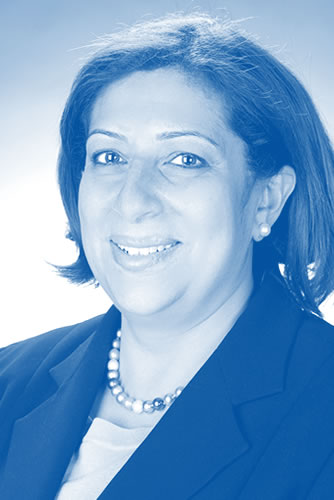 Naglaa H. Shoukry
Naglaa H. ShoukryUniversité de Montréal and CanHepC, Canada
Dr. Shoukry obtained her Pharmacy degree from Cairo University (1991) and Ph.D. in Immunology from McGill University (2000). Her postdoctoral research has established the essential and complementary roles of CD8 and CD4 T lymphocytes in resolution and protection from hepatitis C virus (HCV) infection. Since joining the Université de Montréal and CRCHUM in 2005, she has established a translational research program focused on studying immunity to HCV, immunological mechanisms of liver fibrosis progression, and liver cancer. She has published over 80 articles in high impact journals. She has maintained uninterrupted funding from the Canadian Institutes of Health Research (CIHR), Fonds de recherche du Québec – Santé (FRQS), and the National Institutes of Health (NIH). She has served on various review committees on the national and international level including CIHR, FRQS, Canada Research Chairs, NIH, DFG and the Wellcome Trust. She is an Academic Editor for PLoS One, and Frontiers in Immunology. In recognition, CIHR profiled her achievements on World Hepatitis Day in 2013 and 2017. In 2019, she was selected as Professor of the Year by the Department of Medicine, University of Montreal and was awarded the CLF 50th Anniversary Recognition Medal. Since 2015 she has been the Director of the Canadian Network on Hepatitis C (CanHepC), federally funded network with over 100 investigators, trainees and knowledge users working towards establishing a pipeline from research to implementation and to improve the lives of Canadians living with hepatitis C and to work towards the eradication of HCV.
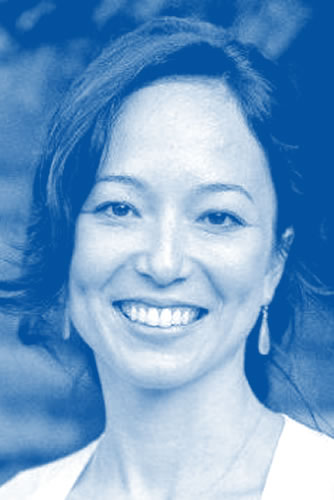 Taia Wang
Taia WangStanford University, USA
Taia Wang MD, PhD is an Assistant Professor at Stanford University where her lab studies human immunity and susceptibility to viral pathogens. She completed MD, PhD training at Mount Sinai School of Medicine where her graduate thesis studies were in influenza virology with Dr. Peter Palese. She then performed postdoctoral training in Fc receptor biology with Dr. Jeffrey Ravetch at the Rockefeller University. There, she conducted studies demonstrating how distinct polyclonal IgG Fc domain repertoires impact vaccine responses and susceptibility to viral infections, including the first studies demonstrating that afucosylated IgGs can contribute to the pathogenesis of severe dengue virus infections. Ongoing studies in the Wang laboratory are driven by the hypothesis that the heterogeneity in IgG Fc domain repertoires among individuals,defined by IgG subclass and Fc glycoform distributions, is a central driver of diversity in human immune functioning and susceptibility to infectious diseases.
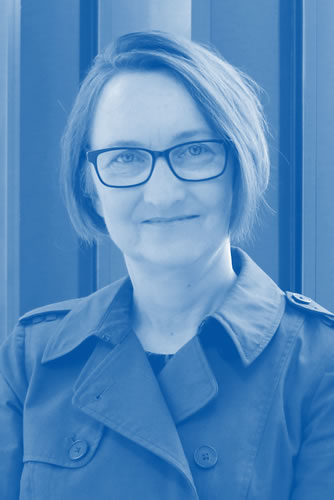 Heidi Drummer
Heidi DrummerBurnet Institute, Australia
Professor Heidi Drummer is Scientific Director of the Burnet Diagnostics Initiative and Program Director for Disease Elimination at the Burnet Institute in Melbourne, Australia. She was awarded her PhD degree in 1993 and has worked across diverse animal and human viruses. For the last 20 years, her work has focused on developing candidate antigens for Hepatitis C vaccines and was the first to describe a minimal core domain of glycoprotein E2 and variable region 3. Her work has investigated the use of protein, virus-like particle, mRNA and viral vectored vaccines for HCV with an aim of developing a universal prophylactic vaccine to prevent HCV.
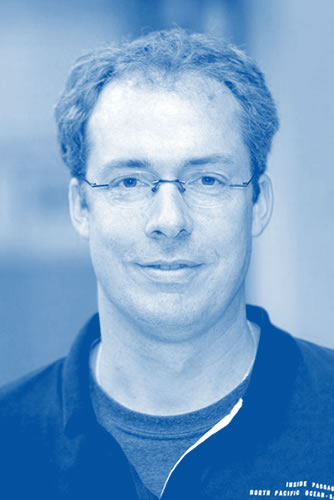 Thomas Krey
Thomas KreyUniversity of Lübeck, Germany
Thomas Krey obtained his doctoral degree in virology from the faculty of veterinary medicine in 2004 from the University of Giessen, Germany. He switched from molecular to structural virology and received his post-doctoral training at the Institut Pasteur, Paris, under the supervision of Felix Rey. In 2015, he moved to Hannover Medical School to establish his own research group and since 2019 he is head of the Institute of Biochemistry at the University of Luebeck. He studies the structure-function relationship of viral and cellular proteins involved in virus entry and assembly, with a particular focus on how viral glycoproteins interact with the humoral immune response. In addition, he is interested in the complex capsid assembly process of large DNA viruses. His lab uses structural biology techniques and state-of-the-art protein biochemistry to understand key processes during the virus replication cycle.
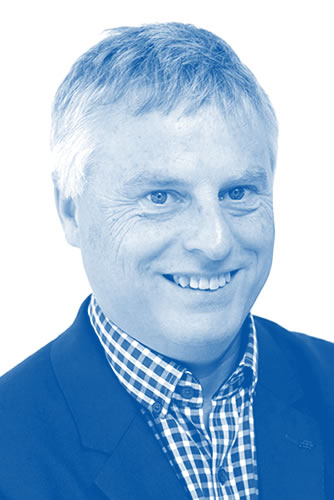 Johan Neyts
Johan NeytsKU Leuven, Belgium
Johan Neyts is full professor of Virology at the University of Leuven, Belgium. He teaches virology at the medical school and at the school of dentistry. The laboratory has a long-standing expertise in the development of antivirals strategies and drugs against emerging and neglected viral infections (such as dengue and other flaviviruses), Chikungunya and other alphaviruses, enteroviruses, noroviruses, HEV and rabies. The lab has and is intensively involved in developing antiviral strategies against SARS-CoV2. A second focus of the lab is the development of a novel vaccines. His team developed/develops a number of very potent single dose vaccines including against COVID-19. The approach is based on the yellow fever vaccine as a vector. The laboratory also developed a platform technology, the PLLAV (Plasmid Launched Live Attenuated Virus) vaccine approach. This technology allows to rapidly engineer highly thermostable vaccines against multiple viral pathogens. Johan Neyts is past-president of the International Society for Antiviral Research (www.isar-icar.com). Five classes of antivirals discovered in his laboratory have been licensed to major pharmaceutical companies (two on HCV, one on dengue, one on rhino/enteroviruses and one on RSV). He is co-founder of KU Leuven spin-off Okapi Sciences (which was acquired within 5 years of incorporation). He published ~585 papers in peer reviewed journals, is inventor of a large patent portfolio, has given ~280 invited lectures and a large numbers of interviews to lay-press.
 Heiner Wedemeyer
Heiner WedemeyerHannover Medical School, Germany
Heiner Wedemeyer is Professor and Chairman of the Department of Gastroenterology, Hepatology and Endocrinology at Hannover Medical School since April 1, 2020. He was Professor and Chairman of the Department of Gastroenterology and Hepatology at the University Clinic Essen from February 2018 to April 2020. He received his medical degree from the University of Göttingen in 1996 and subsequently started his training in Internal Medicine at Hannover Medical School in Germany. From 1998 to 2000, he was a research fellow in immunology at the Liver Diseases Branch, National Institutes of Health, Bethesda, USA. Since 2001, he completed his training in Internal Medicine and Gastroenterology at Hannover Medical School, where he became Professor of Medicine in 2011. Professor Wedemeyer has been involved in the scientific coordination of the German Network of Competence on Viral Hepatitis (Hep-Net) and the German Liver Foundation for more than 15 years. Currently, he serves as the Managing Director of the German Hepatitis C-Registry. Heiner Wedemeyer is member of several scientific organizations and was Secretary General of the European Association for the Study of the Liver from 2009 to 2011. Professor Wedemeyer has a long-term research interest in liver diseases with a main focus on viral hepatitis, liver transplantation and hepatocellular carcinoma. He has been principal investigator in numerous clinical trials, focusing on antiviral therapy and immunotherapy of viral hepatitis B, C, D and E. He has authored over 500 original articles; his current Hirsch-Index is 101 (google scholar; October 2021) and his work has been quoted more than 45,000 times. Heiner Wedemeyer has received numerous awards including the Hans Popper Award of the International Association of the Study of the Liver in 2002, the Innovation Award of the German Medical Faculties (2011) and the Rudolph-Schoen-Award (2011). His research has been funded by the Deutsche Forschungsgemeinschaft, the German Ministry of Research and Education, the European Union, the European Association for the Study of the Liver and the Bill and Melinda Gates Foundation.
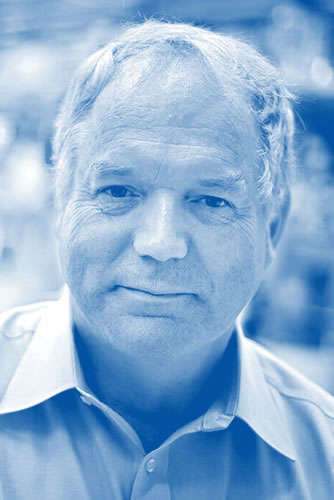 Michael Houghton
Michael HoughtonUniversity of Alberta, Canada
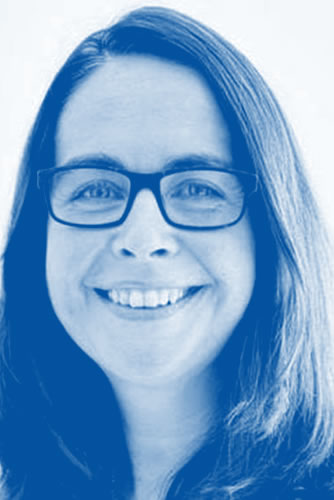 Teresa Lambe
Teresa LambeUniversity of Oxford, Great Britain
Teresa Lambe is a Professor of Vaccinology & Immunology and the Calleva Head of Vaccine Immunology at the University of Oxford. Prof Lambe is leading a research group which improves human health by controlling disease through vaccination – stopping epidemics before they become pandemics. Her team work on emerging and outbreak pathogens including Ebola, CCHF and SARS CoV-2. Prof Lambe is one of the Principal Investigators overseeing the Oxford/AstraZeneca vaccine programme. In January 2020, Prof. Lambe co-designed the vaccine, led the preclinical studies and then oversaw the delivery of the immune results needed to support regulatory approval in late 2020. The vaccine has played a pivotal role in the fight against COVID-19. Prof. Lambe was appointed as an honorary OBE for her services to Sciences and Public Health in the 2021 Queen’s Birthday Honours.
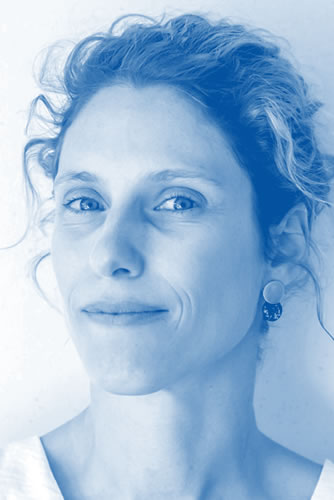 Leonie Wyffels
Leonie WyffelsZiphius Vaccines
Leonie Wyffels obtained her degree of Pharmacist and PhD in Radiopharmaceutical Sciences at the University of Ghent after which she joined the University of Arizona (Tucson, UZA) for a post-doctoral study on the development of radiopharmaceuticals for imaging of cardiac apoptosis and inflammation. During her career in academia (University of Antwerp) and biotech industry (Ablynx, a Sanofi company), Leonie has gained extensive experience with working in an international, multi-disciplinary and GMP environment, ‘bench to bedside’ drug development, quality control and project management. She is still affiliated with the University of Antwerp Faculty of Medicine and Health Sciences - Department of Nuclear Medicine as Visiting Professor and recently joined Ziphius Vaccines as R&D director.
